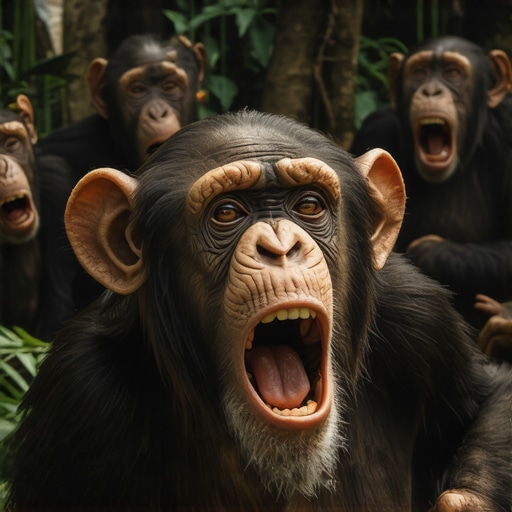Bison Stampede: Reveal the Ancestral Power You Ignore [2026]Bison Stampede: Reveal the Ancestral Power You Ignore [2026]
The Traditional Symbolism of the Bison Stampede In the vast landscapes of North America, the bison—or buffalo—is not merely an animal; it is a titan of the plains, a living

